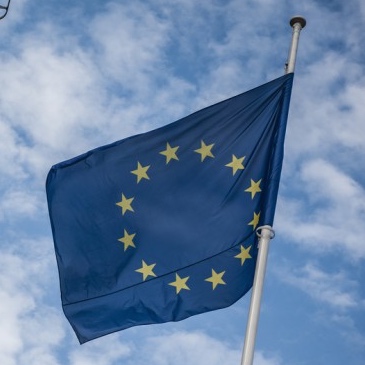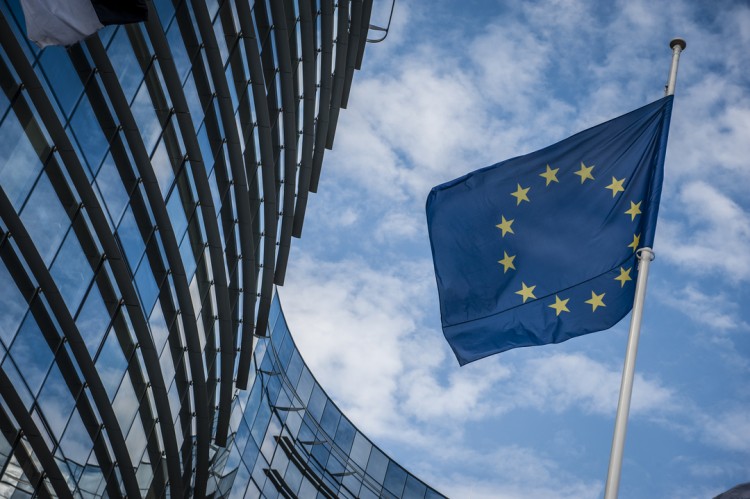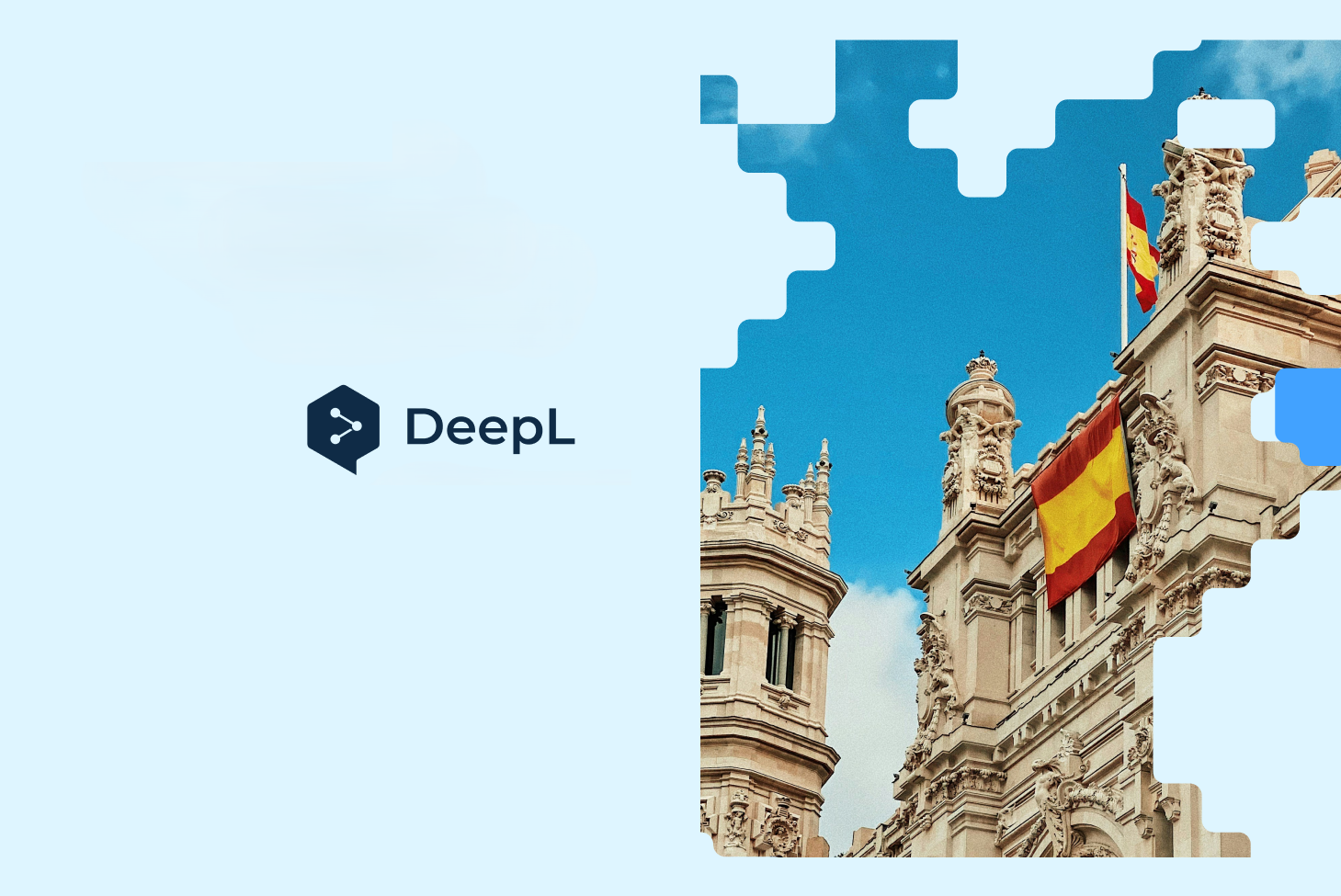This is a guest post from Quaderno, a Spanish startup that offers the simplest way to bill your customers without programming a single line of code. Javier Sanz does marketing for Quaderno.
In a step to avoid big companies like Google or Amazon from paying fewer taxes in countries such as Ireland or Luxembourg, new VAT rules for Europe come into force in less than 2 weeks.
The VAT associated to digital products and services was previously charged in the country of the supplier. However, starting on Juanuary 1st new rules state that it will be payable in the country of residence of the buyer, regardless of where the company is located within the European Union.
In other words, until now if you were selling products and services online (ie. a Spain-based SaaS with 21% VAT) you had to charge VAT according to the country where your company is registered. From now on you will have to add this VAT depending on the country of your client. (ie. a Spain-based SaaS will add 20% VAT if the buyer is French, 25% if is Danish, and so on).
Does this new law affect your startup? Here’s the criteria
The upcoming VAT rules will affect all digital services/products provided from Europe. Some examples of what a digital service is are: online & downloadable games, ebooks, movies, SaaS, websites, hosting, etc. A digital service or product can be defined by the following criteria:
- It’s a service, not a physical good.
- It’s provided via the Internet or an electronic network.
- The supply is fully automated or requires minimal human intervention.
- It’s based on information technology.
Validating the location of the buyer will be really important as it will determine what VAT to add. With the reform, you will have to track at least 3 of the following data points (IP, card country issuer, country code of the SIM card, billing address of the buyer, etc) to validate the location of your buyer. Also, from now on it is mandatory to keep records of all transactions for the next 10 years.
More information about what products are being affected by this reform -or what can be considered a non-company client- can be found in this post.
This new law applies to all companies selling products and services to European clients, so even if your company is not based in the EU you will have to comply with these rules.
It only affects sales to consumers, not businesses
The EU VAT for digital services only affects sales done to private consumers. The only way to know if a customer is either a consumer or a business is by asking for their VAT number: if your final customer does not provide this number, you must consider him/her as a consumer and charge the VAT accordingly.
But that’s not all. There is another tricky thing that is making every SME freak out. Companies and startups will have to manage different VAT additions depending on the country of their clients… and also to present the VAT return in each of those countries. For this purpose, the EU has created Mini-One-Stop-Shop (MOSS). It’s a service that allows you to avoid registering for VAT in every country. You charge the correct amount of VAT for each sale and then report it in your MOSS return, and pay the VAT due. The MOSS then distributes the VAT correctly to each country.
These new laws have been created to keep multinationals such as Amazon or Google from establishing their headquarters in countries with low VAT rates (Ireland or Luxembourg, for example), but it will no doubt also affect small and medium-sized startups. These have been complaining about the fact that this is just another obstacle in the way of building their products. Adding different VATs depending on their clients’ location can jack up the price up for some of their clients, perhaps forcing startups to pay less attention to what really matters, their products.
Spanish startup Quaderno has been working on a solution to automate this tedious task. Born as an invoice generator for Stripe accounts, it has develop its own javascript library to help online businesses manage their subscriptions and comply with new EU VAT rules. They also provide a solution for PayPal users and fully API for developers.









